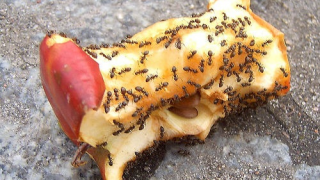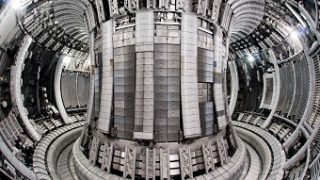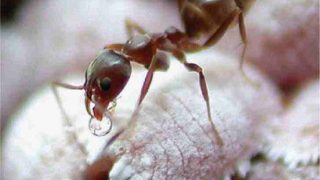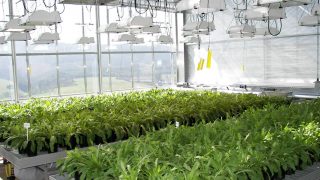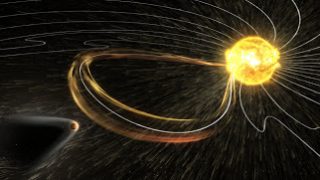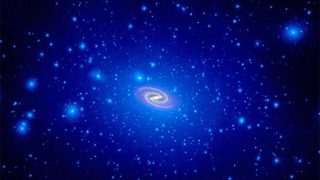
MI weekly selection #156
Humanities & Social Sciences • Science • Technology • Weekly Selection
Lots of dark matter may lurk inside dwarf galaxy Triangulum II, a dwarf galaxy that doesn’t have any star-forming regions, may harbor a vast amount of dark matter. The discovery was made while attempting to measure Triangulum II’s mass. “The total mass I measured was much, much greater than the mass of the total number […]
